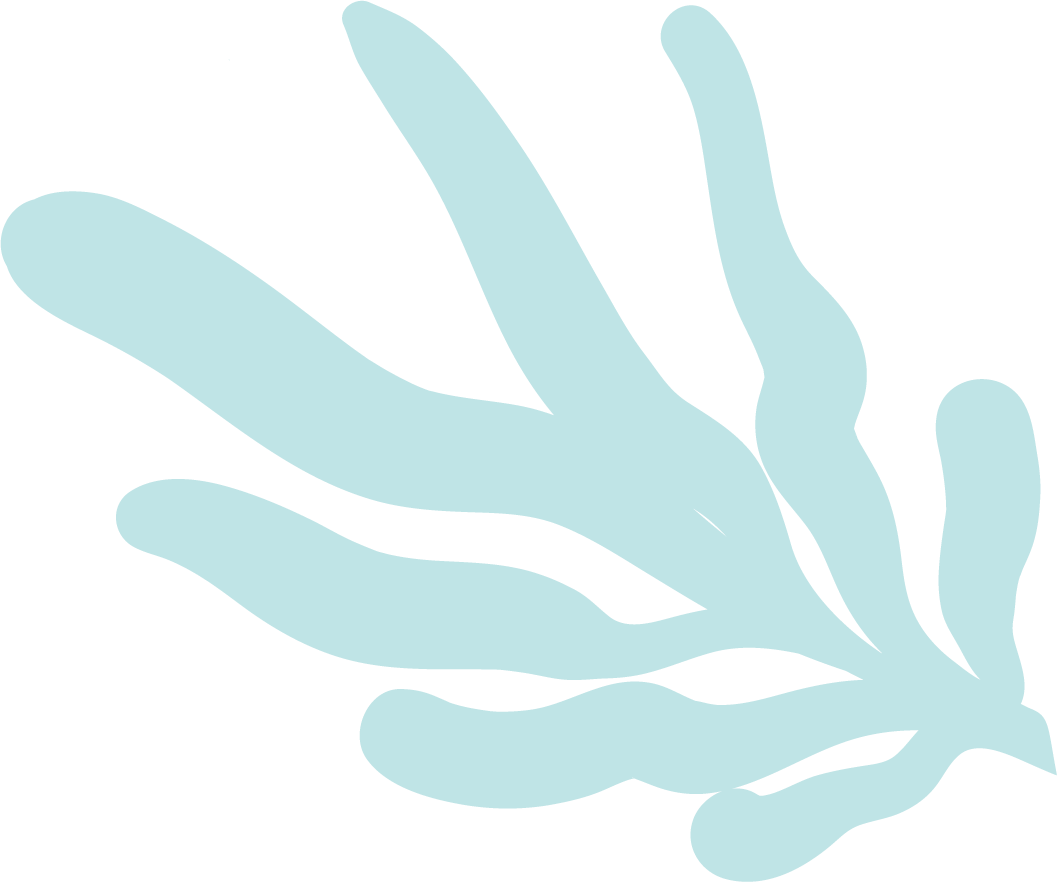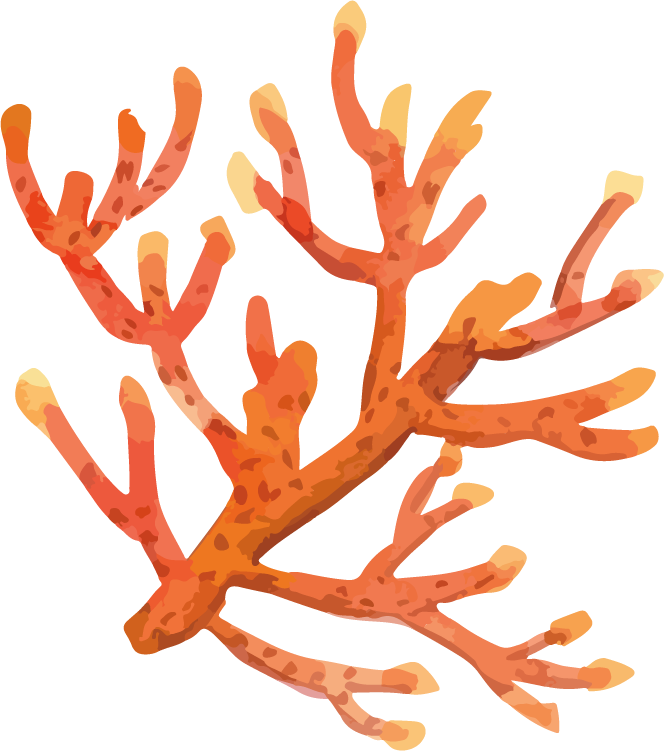Participatory management and the active involvement of CSOs in the management of Marine and Coastal Protected Areas are key to preserving the Mediterranean Sea and its marine and coastal biodiversity - our common heritage.
April 15 2023, will mark the second edition of SPAMI Day, a day of celebration for every person and entity that values the protection of the Mediterranean Sea and coasts. The SPAMI Day was established by the Contracting Parties to the Barcelona Convention at their COP 22 to promote SPAMIs as a conservation model and, more generally, to value and promote action for marine biodiversity preservation.
The List of Specially Protected Areas of Mediterranean Importance (SPAMIs) currently includes 39 exceptional marine areas with concrete management efforts. The theme of this year's SPAMI Day is the co-management and participation of Civil Society Organizations (CSOs) in the management of Marine and Coastal Protected Areas. The goal is to encourage all dynamics involving different stakeholders within SPAMIs which contribute to the preservation and restoration of ecosystems.
As part of its SPAMI Twinning Programme, which is currently funded by the Italian Ministry of Environment and Energy Security, SPA/RAC supports Mediterranean CSOs in implementing activities to celebrate the SPAMI Day and promote the conservation of marine biodiversity in six SPAMIs, in collaboration with their managers, respectively in Albania, Algeria, Italy, Lebanon, Slovenia and Tunisia.
"SPAMI Day is an opportunity to remind us that we all have a responsibility to protect the rich marine life in the Mediterranean. By encouraging the involvement of Civil Society Organizations in the management of Marine and Coastal Protected Areas, we can promote transformative change towards a sustainable future. SPA/RAC is committed to supporting this effort through our SPAMI Twinning Programme and collaboration with SPAMI managers and CSOs." – Khalil Attia, Director of SPA/RAC.
The SPAMI Day is the embodiment of awareness and commitment, emphasizing the importance of protected areas, collaboration, and participatory conservation.
Even though each SPAMI has its dynamics and challenges, promoting active exchanges and constant sharing among SPAMI managers is a sure way to reinforce a network of dedicated professionals. Similarly, promoting synergistic links among stakeholders in the management of SPAMIs is a necessity to ensure their proper functioning. SPAMIs can thus offer solid and sustainable solutions for preserving the common sea that unites us, our Mare Nostrum.
Indeed, SPAMIs have a demonstrative effect that can be harnessed to scale up solutions and best practices. By establishing SPAMIs, Mediterranean countries would contribute to the implementation of the Post-2020 Strategic Action Programme for biodiversity conservation and sustainable management of natural resources in the Mediterranean region (Post-2020 SAPBIO) and Post-2020 Regional Strategy for marine and coastal protected areas and other effective area-based conservation measures in the Mediterranean, as well as the CBD Kunming-Montreal Global Biodiversity Framework.
“The example of SPAMIs demonstrates the successful collaboration under the UNEP/MAP-Barcelona Convention system in identifying biodiversity conservation challenges and implementing sound solutions together with a wide range of communities and stakeholder groups, including women and young people,” said Tatjana Hema, the UNEP/MAP Coordinator.
|
|
Join us on April 15, 2023, in
|

- SPAMIs are very special Mediterranean Marine and Coastal Protected Areas
The List of Specially Protected Areas of Mediterranean Importance (SPAMI List) has been established in 2001 under the Convention for the Protection of the Marine Environment and the Coastal Region of the Mediterranean (Barcelona Convention) and, more specifically, under its Protocol concerning Specially Protected Areas and Biological Diversity in the Mediterranean (SPA/BD Protocol).
The Marine and Coastal Protected Areas (MCPAs) included in the List are proposed by the concerned Contracting Parties, in recognition of their ecological, scientific, aesthetic, cultural or educational interest. SPAMIs are intended to have a value of example and model for the protection of the natural heritage of the region. They are reviewed every 6 years, starting from the year of their inclusion in the List.
If a SPAMI no longer meets the criteria that led to its inclusion in the List, particularly in terms of sustainable management, it will be placed in a "period of a provisional nature" and will receive technical and financial support from the Barcelona Convention, other countries, other SPAMIs, donors and relevant international organizations to address the identified deficiencies.
A particular feature of the SPAMI provisions is that they allow for the establishment of protected areas beyond national jurisdiction, while providing a framework of cooperation for the establishment and management of transboundary MCPAs by neighbouring countries. A SPAMI Twinning Programme was established since 2018, to reinforce exchange and collaboration among SPAMIs, including also other MCPAs.

- The Civil Society Organizations and SPAMIs benefiting from the SPAMI Twinning Programme of SPA/RAC, implemented under the cooperation agreement between UNEP/MAP-Secretariat of the Barcelona Convention and the Italian Ministry of Environment and Energy Security are:
Flag Pine, Karaburun Sazan National Park, Albania
Écologie Sans frontière Jijel, Banc des Kabyles Marine Reserve, Algeria
Ziguele SC, Portofino Marine Protected Area, Italy
Association for preserving the environment, Tyre Coat Nature Reserve, Lebanon
Morigenos, Landscape Park Strunjan, Slovenia
Méditerranée Action Nature, La Galite Archipelago Marine and Coastal Protected Area, Tunisia
![]()
